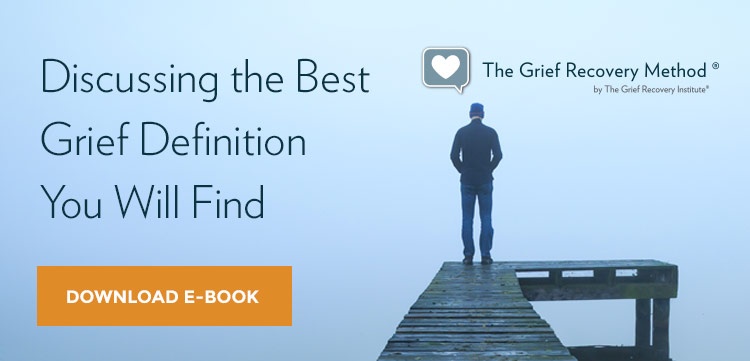Just the other day, I gave radio interview number 1,485 on the topic of grief recovery or people's reaction to loss and what to do about it. This one as many since the events of 9/11, 2001, focused on children and grief, and helping them deal with the frightening events in the news - like the recent war in Iraq. In at least half of those interviews, the show's hosts have asked me some questions that I wished they hadn't. Not hard questions, but questions that aren't really questions, more like incorrect opinions presented as questions.
Misinformation is all too common in the arena of grief and recovery. The recent interview fell into the awkward half when the host asked, "Why do boys and girls grieve differently?" She could have asked, "Do boys and girls grieve differently?" Then, I could have answered without risk of insulting her. So I was forced to disagree with the question in an agreeable manner. After all, she is presenting a stage for us to address her audience and present our ideas and books for their consideration. So I said, as tactfully as I could, "We don't believe that boys and girls actually grieve differently from each other, and let me explain why." I proceeded to tell her about a little boy who comes home from pre-school with big tears in his eyes. One of his doting parents asks him, "What happened, honey?" The little boy says, "The other boys were mean to me." Without realizing the long-term implications of what is about to come out of his or her mouth and enter the child's brain, the adult says, "Don't feel bad...here, have a cookie, you'll feel better." From that moment on, the boy's life has been altered on several levels. He will now associate painful feelings with food, as a default setting whenever his emotions are affected by the actions of others. For the next several years, every time events or circumstances evoke sad emotions in that boy, he will seek food as comfort for his feelings. Why? Because the adults, his parents, who are his life-leaders and tour guides, said so.

In the early parts of life, parents are childrens' primary influence source. Of course, when the lad is a bit older, say in his teens, and encounters an emotionally charged situation, like his first romantic break-up, he will naturally devolve to the first variation on the "cookie" theme. Instead of "Don't feel bad, here, have a cookie," it becomes, "Don't feel bad, here, smoke this joint or drink this beer, you'll feel better." Of course, this new version doesn't come from Mom or Dad, but from the now more important influence source, his peer group. Also impacting the child is the fact that the parents never address the original emotions presented by their son. Those feelings which were shown with graphic external evidence - the tears that accompanied the story about the events at the pre-school - but were never brought up again.
Theoretically, the cookies and the sugar within them knocked all the feelings right out of that little boy, never to return again. Tomorrow, back at the pre-school, he'd be able to look at those other little boys, who'd hurt his feelings, and not even remember what had happened. Fat chance! Fat might be the operative word here, given the fact that last year there were more than 300,000 obesity related deaths in the United States, not to mention the emerging awareness of a major problem with juvenile obesity. Do you think there might be any connection between those deaths and "Don't feel bad, here, have a cookie, you'll feel better"? You be the judge. There are other ideas that are often overlooked, that become part of the little boy's life equation. For one, his sense of trust, that his feelings will be heard and acknowledged, has been affected. Remember, he openly brought his feelings to his parents, only to have them bypassed and disregarded. As if that weren't bad enough, his parents then attempted to "fix" his feelings with "sugar-food." Along with the loss of trust, is a loss of safety that talking about those kinds of feelings is unacceptable and inappropriate. Sad story, true story, but don't be fooled into thinking it is just a story about a little boy. Just go back to the beginning of the story and insert a little girl and simply add an "s" to each he and make it she. It is the same story with the same sad potential conclusions. Now that we've removed gender as the issue, do we need to mention that this country is reeling under the often tragic impact of an underage drinking and drug abuse problem that is speeding headlong from epidemic to pandemic proportions? A reality that involves all youth, male and female? And it all starts with the seemingly innocent comment about feelings and cookies. When you go to the movies, you often see that promotion about the theater's sound system that says "the audience is listening." We alert you to become aware of what you say about grief and loss, because your children are listening.
If you found this article helpful, we suggest you read:
6 ways to teach children sad feelings are normal
6 parenting tips that will help your children for a lifetime
You can also get your copy of When Children Grieve
























Comments
Dana Kelly
Add new comment